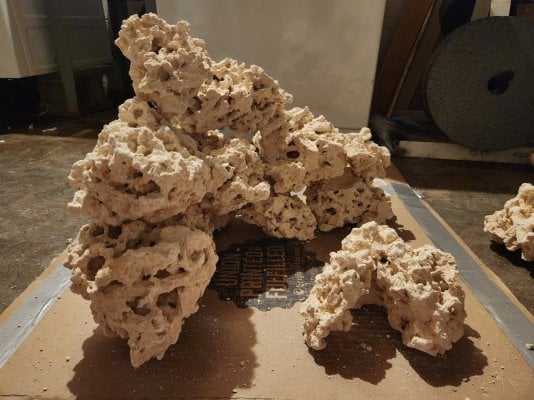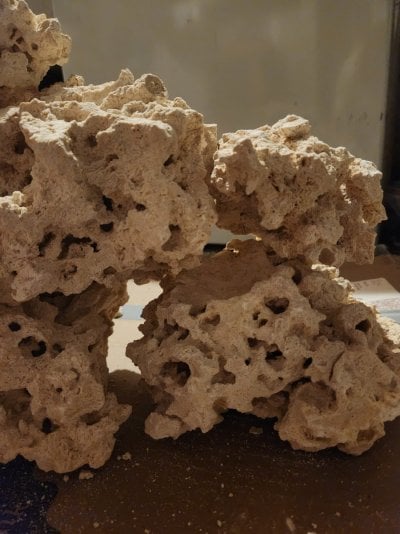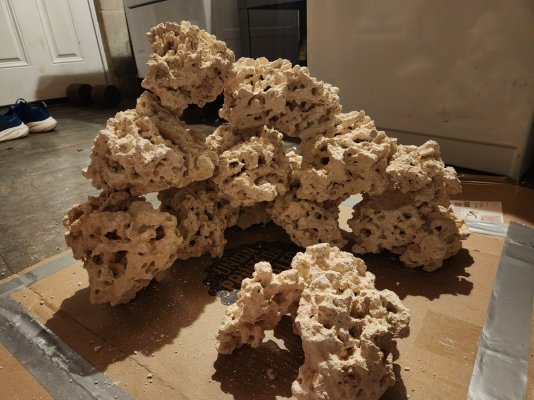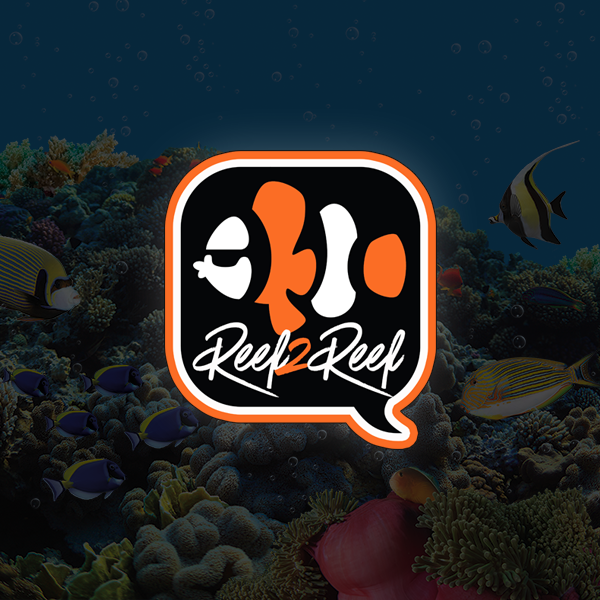I'm building up my first aquascape and I'm trying to make a fish friendly first type of scape. Unfortunately, I don't get to see, or rather observe, many tanks often enough. I'm conceptually familiar with the need for caves and overhangs to make fish feel safe and the need to avoid detritus build up, however, I don't know what those typically look like. I plan on having a Royal Gramma and a Pink Streaked Wrasse so caves and overhangs are a must, it seems, for these shy fellas.
I really have two major questions -
What constitutes a "cave" that fish can utilize?
I know this is dependent on flow, but what are the hallmarks to avoid for a detritus trap?



For reference, nothing is glued yet, I have a couple extra chunks of rock and I'm going to buy a fist sized chunk of live rock from my (trustworthy) LFS, I have probably excessive amounts of flow (530 - 1450gph return, Nero 5 3000gph, second hand wavemaker) that I'm going to have to wind down for LPS corals (LPS emphasis). 24"L x 21"H x 22.6"W, DV 42g, SV 53g. The tank sits in a left-hand corner so I'm stacking rocks "in that corner".
I really have two major questions -
What constitutes a "cave" that fish can utilize?
I know this is dependent on flow, but what are the hallmarks to avoid for a detritus trap?



For reference, nothing is glued yet, I have a couple extra chunks of rock and I'm going to buy a fist sized chunk of live rock from my (trustworthy) LFS, I have probably excessive amounts of flow (530 - 1450gph return, Nero 5 3000gph, second hand wavemaker) that I'm going to have to wind down for LPS corals (LPS emphasis). 24"L x 21"H x 22.6"W, DV 42g, SV 53g. The tank sits in a left-hand corner so I'm stacking rocks "in that corner".




















